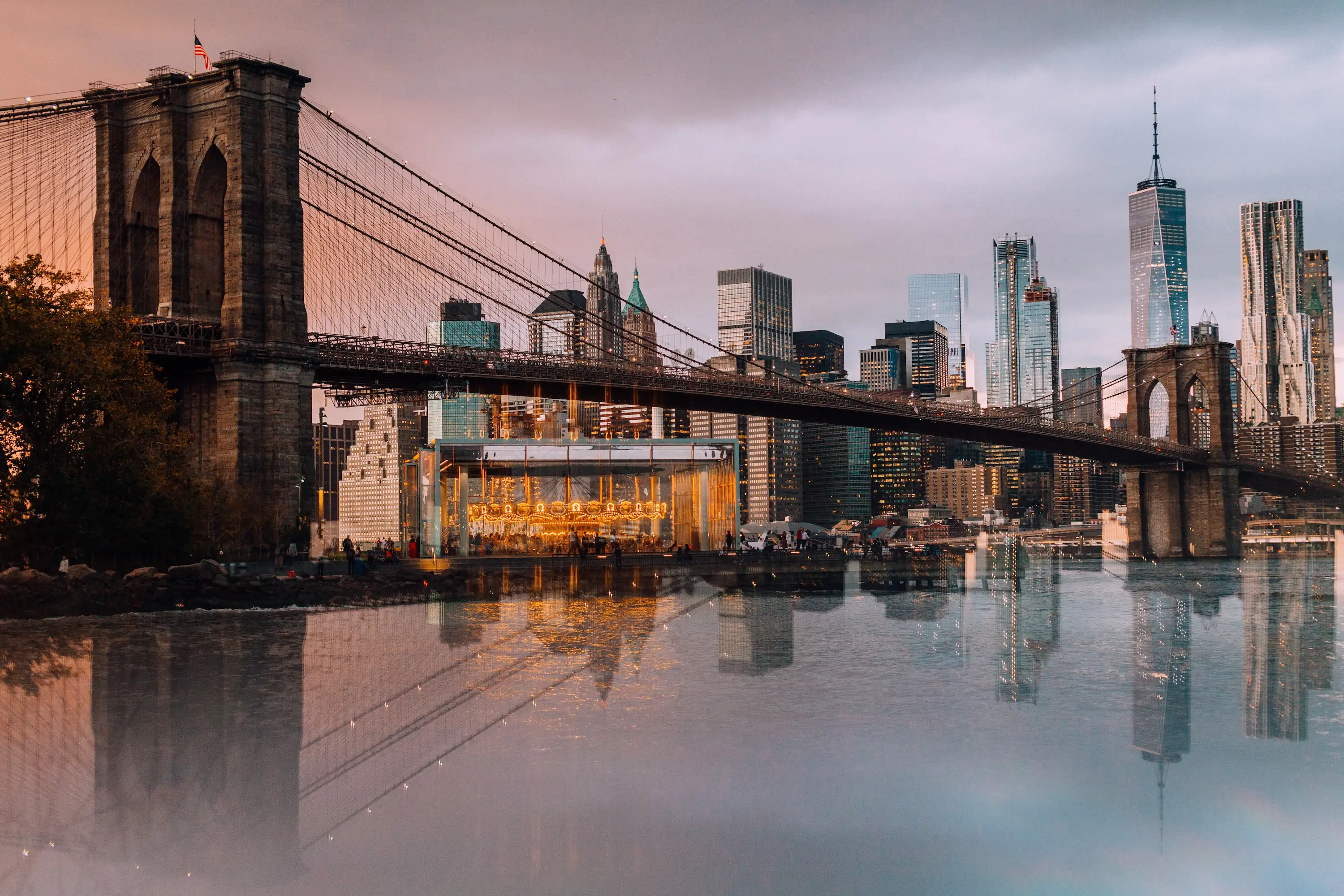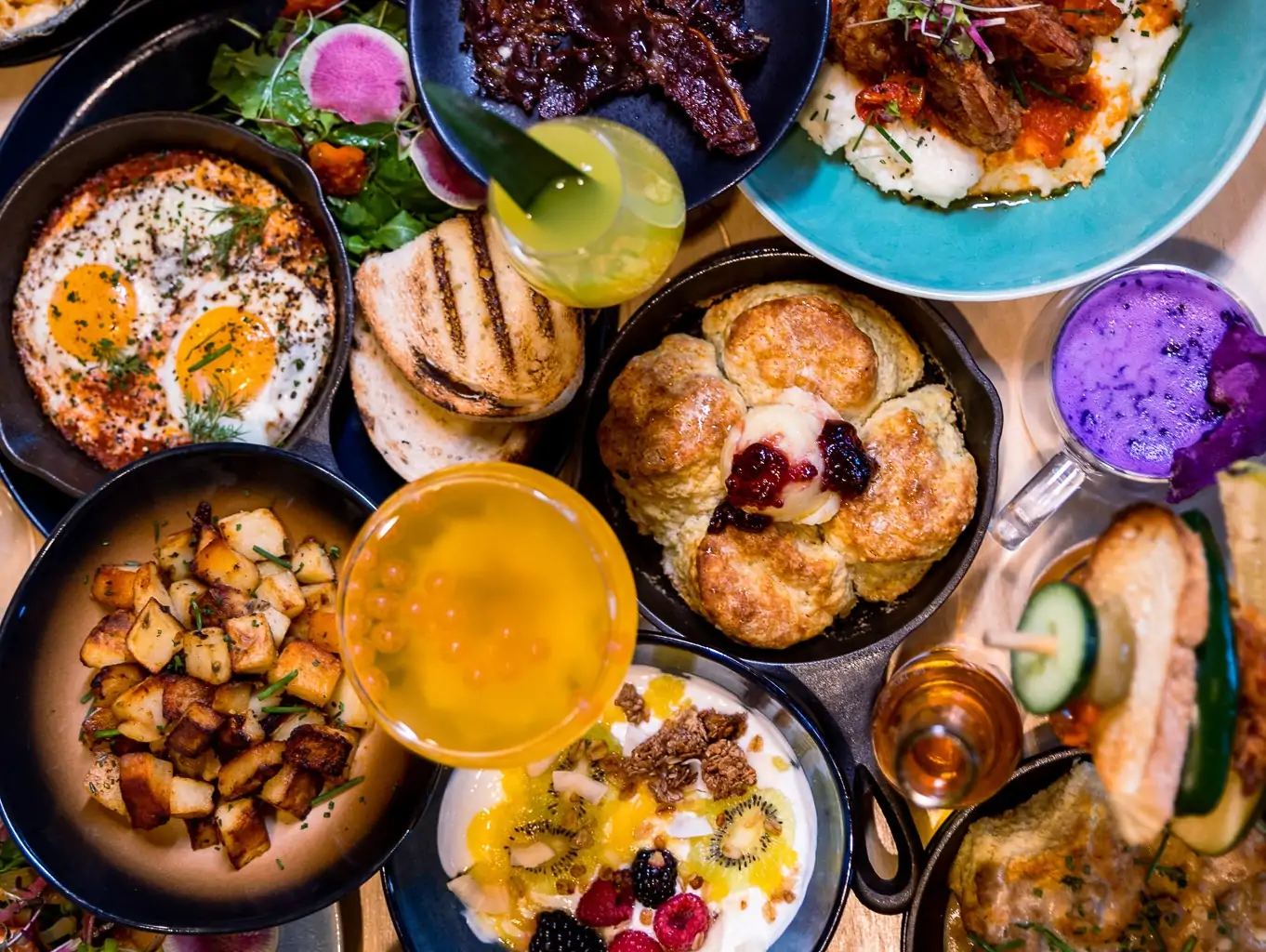OpenTable’s webinar series, In it Together, tackles key topics facing the industry during the COVID-19 crisis. What does hospitality look like in a time of emergency? How can we support our communities today, both financially and emotionally? Hosted by OpenTable’s leadership team, the platform brings together restaurant leaders and experts to foster conversation and share advice during uncertain times. Register for free for upcoming webinars.
After months of shutdowns due to the coronavirus pandemic, restaurants have looked to their insurance policies for financial help – only to be denied coverage for claims. In response, many operators are taking legal action to recoup what they feel they’re owed.
In this week’s In it Together discussion, OpenTable’s Jenna Swigert spoke with Naomi Pomeroy, the chef and restaurateur behind Portland’s Beast, and her San Francisco Bay Area-based attorney Robert J. Nelson, of Lieff Cabraser Heimann & Bernstein, LLP. In conversation, they delved into Pomeroy’s class action lawsuit and the steps she’s taken against her insurance company, as well as your rights as a restaurateur and what “business interruption” really means.
“I’ve been really thinking about the industry overall and wanting to make it a better industry in the future,” said Pomeroy. “The only way to do that is if we have an industry to make better, and that means holding insurance companies accountable. I’ve been paying into this [policy] for the 13 years I’ve been open – for me, it’s a matter of principle.”
Why restaurants are taking action
Naomi’s restaurants, Beast and Expatriate, are both tiny establishments, and Beast specializes in prix-fixe, communal dining. When the government ordered restaurants to shut down in March, she had to close both spots completely. After more than a decade of earning close to $1.5 million in revenue, suddenly her income was zero – “through no fault of my own,” she emphasized.
When her insurance company rejected her claim, a friend connected Pomeroy with Nelson and his team at Lieff Cabraser, who have spent the past 30 years suing large companies in industries like pharmaceuticals, oil, and tobacco. In the case of Pomeroy and other restaurateurs, Lieff Cabraser decided to get involved because they saw people being taken advantage of.
“Folks have been paying business interruption insurance for many years, and insurance companies are saying, ‘sorry, you’re not covered,’ no matter the policy,” Nelson explained. “We felt strongly that people had been paying these premiums, and finally an occasion had arisen that required them to close – they should be entitled to whatever their insurance policy provides.”
What they’ll argue
While attorneys’ arguments will vary between policies, companies, and clients, there are a couple of key points Nelson hopes to communicate.
The first is that COVID-19 is not necessarily the cause of restaurant closures – instead, it was civil authorities that ordered businesses to shut down. Thus, it’s the government’s action, not the pandemic itself, that led to business losses.
Another argument concerns the question of physical damage to property. Insurance companies insist that unless an operator had COVID-19 in their restaurant, they did not suffer physical damage. Nelson’s point of view is that the same operator did suffer loss of use of their property, since they were ordered to close. Since an overwhelming majority of policies address physical damage or loss of use, he believes the argument has the potential to succeed.
How to get involved – and what’s required
With restaurateurs pulled in a million different directions, time and money are precious. Pomeroy shared that joining the lawsuit required little of either: in total, she’s only spent a few hours talking to attorneys and sending over documents, and she pays nothing unless she wins the suit. “We don’t get paid unless Naomi gets paid,” Nelson said.
As a first step, Nelson recommends talking to an attorney, regardless of the policy you have. He’s working with some restaurants that have business interruption insurance and virus exclusions and others that don’t, so don’t worry that your policy or circumstance precludes you from taking action. An attorney can advise what makes your individual policy more or less favorable for a case.
From there, you’ll need to tender a claim under your policy, which the insurance company will deny. Once an attorney has the tender and denial letter, they have what they need to bring a lawsuit against the company.
It’s also important to know that a class-action lawsuit isn’t necessarily your best bet. A judge might not want to certify the class action, or maybe your insurance company is different from the ones currently being sued by a class. Again, an attorney can advise if it makes sense to bring your own case or join an existing one.
In general, Nelson said a class action is preferable “because it’s important to protect as many folks as we can.” Also, know that you don’t give up any potential gains by being part of a class. “Naomi is not going to get any less as a class representative – any settlement is based on her revenues and what she lost and what we can prove.”
What to expect
Right now, it’s still early days for insurance lawsuits, and it’s impossible to know what will happen. So far, two decisions have come down, neither of which are helpful for restaurants – but those are too few, early, and opaque to predict the future for these cases in court.
Nelson said his team is filing several insurance-related lawsuits each week, and while he can’t make any promises that they will prevail, he’s committed for the long haul. “I wouldn’t get into it if I didn’t think there was a reasonable chance of success,” he said. “I’m hopeful we’ll be able to provide relief to the many restaurateurs out there who are struggling through no fault of their own.”
Courts, like restaurants, have been affected by the pandemic. Lawyers are not holding jury trials, and courts are on hold throughout the country. When they do reopen, criminal cases have priority. Nelson would love to see results from these cases in 2021, but realistically he thinks decisions will come down in 2022.
For Pomeroy, the timing isn’t the point. “I paid for a service for the entirety of the time my business was open, and I haven’t received what I was promised,” she said. “I’m happy to wait it out and keep having these conversations. If a few people listening today join a class action or do an individual suit, our jobs have been done. We have to make a lot of noise.”
Learn more by downloading the guide to Justice for Restaurants by Lieff Cabraser Heimann & Bernstein.




